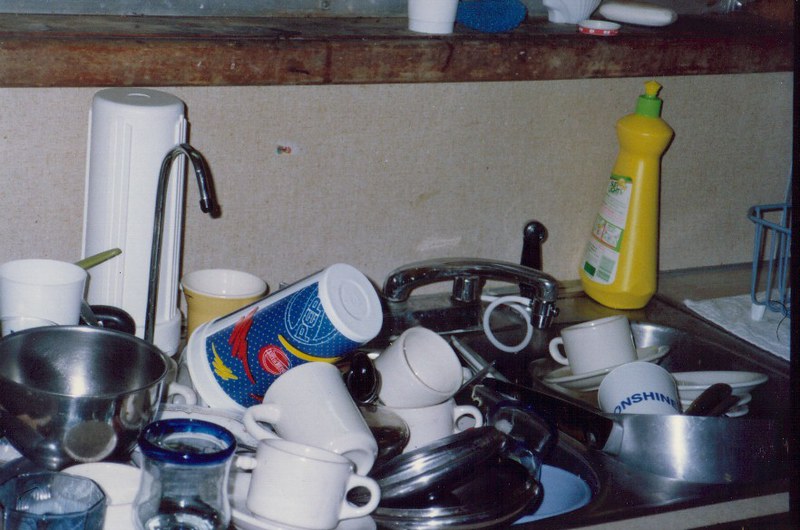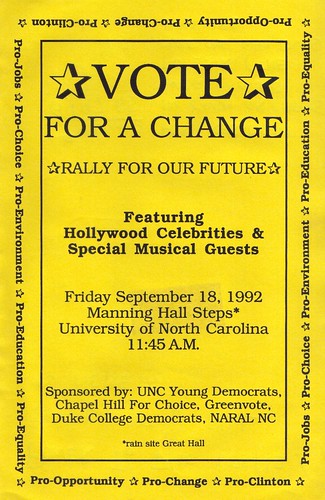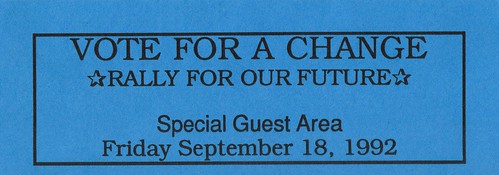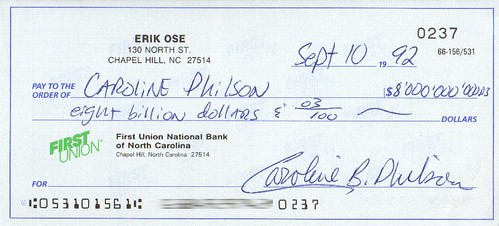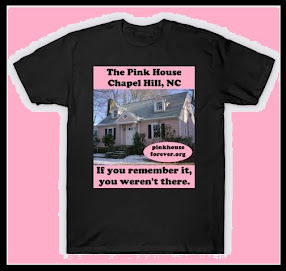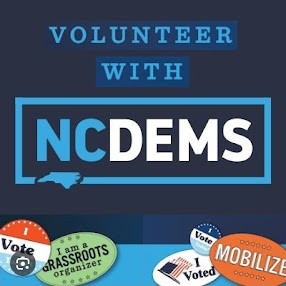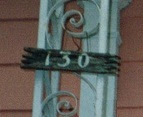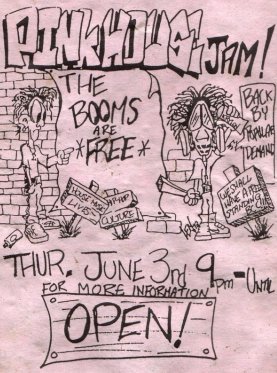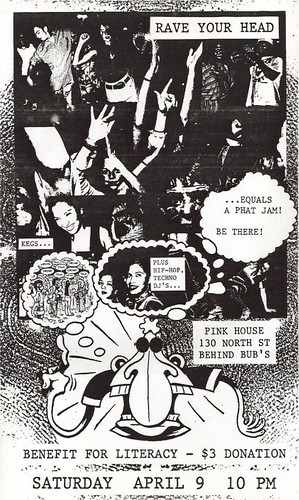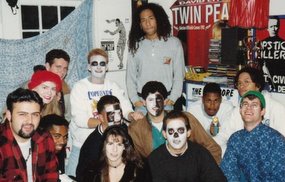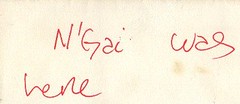Pink House. 130 North Street. Back In The Day.
Fellow residents from the 1991-94 years were Clint Curtis, Shyam Patel, Raj Krishnasami, Lydia Craft, Jess Deltac, Kyle York Spencer, Caroline Rivers Hall, Mel Lanham, Michelle Sinnott, Jay Murray, N'Gai Wright, Scott Bullock (who crashed on the couch for a year before finally moving in), Bryan Ellerson, Karen Hurka, Sally Stryker, Ryan Mathias, Charlie Speight, Chris Palmatier, Trent McDevitt, and Steve William.

Besides holdovers and returnees Jay, Scott, Mel (& Laverne!), Chris, and N'Gai, residents during 1995-97 included Ian Williams, Greg Humphreys, Allen Sellars (who, like Jay, lived at both the Pink House and 401 Pritchard), Zak Bisacky, James Dasher, Linden Elstran, Jiffer Bourguignon, Grant Tennille (who first made the scene as a fixture in N'Gai's room circa summer '93), Zia Zareem, Ben Folds, Tom Holden, and Chris "Chip" Chapman.
- Erik Ose
Featured Post
Remembering the Pink House, 15 Years Later
2009 marks fifteen years since I graduated from Carolina and moved out of the Pink House, the legendary off-campus crash pad located at 130 ...

Tuesday, September 29, 1992
Monday, September 28, 1992
Hustling up votes at UNC, hot tea style
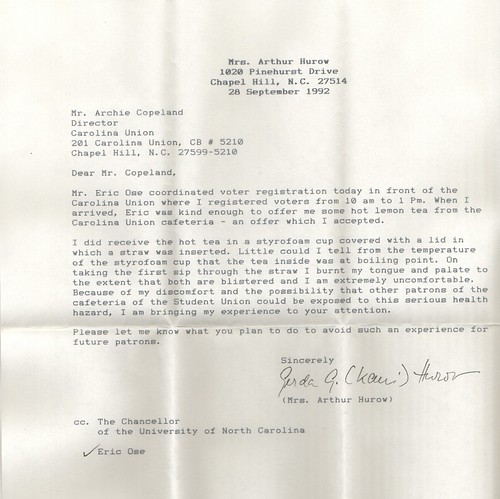
Sorry about those blisters, Mrs. H! I feel terrible that I served this woman tea hot enough to give her severe mouth burns. But she was very cool about it, and placed the blame squarely where it belonged - on the administration of Chancellor Paul Hardin, aka the overseer of Hardin's Plantation. Maybe if he had spent less time fervently opposing a free-standing BCC, and devoted more energy to the day-to-day details of handling UNC's biz, Gerda would have survived voter registration duty unscathed!
Friday, September 18, 1992
Spike Lee rally for a free-standing BCC
"About 5,000 rally in support of free-standing BCC," Daily Tar Heel, 9/21/92

Spike Lee urges black athletes to utilize their financial power
By ANNA GRIFFIN, University Editor
About 5,000 people, many of them students and supporters of a free-standing black cultural center, gathered at the Dean E. Smith Center Friday night to express their support for a new BCC and to hear filmmaker Spike Lee. Lee, best known for films such as "Jungle Fever" and "Do the Right Thing," spoke for about 15 minutes on the need for other black students, especially other black athletes across the country, to get involved in the BCC movement and in the general fight for black equality.

"When you're talking about colleges and universities and black athletes. when they start to politicize, then watch out," Lee said. "Because this building would not be here if it weren't for Michael Jordan and Phil Ford, Walter Davis, James Worthy, Sam Perkins and Brad Daugherty. “Without black athletes, there would be no schools."
Lee was drawn to Chapel Hill by an article in The New York Times Sept. 11, which cited the involvement of black football players in the BCC movement. This summer, four UNC players founded the Black Awareness Council, the group that has stepped to the forefront of the BCC issue. During his speech, Lee told members of the BAC that they would have to be willing to take direct action, even if it meant sitting out games and risking their scholarships. "There's going to come a time when you're going to have to make a move," he said. "When that date approaches and no action is taken, you're going to have to take some drastic action."
Lee, who flew into town Friday night and left Saturday morning, said Chancellor Paul Hardin had sent him faxes almost every day asking to meet with him, but that he had decided against it after talking with students. "I was advised it might not be the right thing to do," Lee said. Hardin, who acknowledged that he had faxed and phoned his welcome to Lee, said he had not heard about the students asking Lee not to meet with him. "He certainly didn't tell me that," Hardin said of his conversation with Lee. "I talked to him and expressed hope he would like to come by. I heard later that he had come into town too late."

The Smith Center even lasted about three hours. University Police Chief Alana Ennis estimated the crowd at about 5,000 people. Event organizers had moved the rally from the Pit and Carmichael Auditorium because of the large number of people expected. The Smith Center seats 21,500 people.
Margo Crawford, BCC director, spoke to the crowd about Sonja Stone, the late UNC professor for whom the present center is named and for whom students want to name a new center. "Dr. Stone was a one-woman movement on this campus for 17 years," Crawford said.
The Rev. James Bevel, a Washington, D.C., minister who is running for vice president with Lyndon LaRouche, led the crowd in the civil-rights song, "If you're going to kill the people, put on your hood and robe," changing the lyrics to "If you're not going to let us build our building, put on your hood and robe." Scott Wilkens, co-president of the Campus Y, told the crowd that Hardin valued white students more than blacks. "Why should it take this many people to make a change on this campus?" he said. "If you were all white, we'd have had this BCC a long time ago."
Jimmy Hitchcock, a co-founder of the Black Awareness Council, urged the crowd to stop making the Black Power symbol a single fist held in the air and to start crossing their arms as a tribute to Malcolm X. "It looks like we're hanging from chains," Hitchcock said of the symbol. "We are the children of Malcolm X, and we believe in his ideology." Tim Smith, another BAC co-founder, said blacks needed to stop the degradation of their race by whites. "The white man is killing us softly," Smith said. "By getting rid of our black males, they're keeping us from us from reproducing. By keeping us from reproducing, they're killing our race."
Michelle Thomas, president of the Black Student Movement, spoke out against blacks who stood in the way of the movement or who have spoken out against the coalition's methods, including UNC journalism Professor Chuck Stone, who has questioned the militarism of the movement. "I'm tired of a black man standing up on television and in the newspapers and saying we don't need a free-standing BCC," she said. "If you stand in the way of our progress, we're going to have to roll over you."
Minister Khalid Mohammed X, an assistant to Louis Farrakhan and the Nation of Islam, spoke out against interracial dating and told students that they must "support what the enemy opposes and oppose what the enemy supports. "The problem is not with the crack," he said. "The problem is with the cracker." Khalid X, who also spoke out against homosexuals, said he was speaking only to the blacks in the crowd. "I came to talk to my people," he said to the whites in the crowd. "You just happen to be here."
After the rally, Smith said Khalid X spoke for members of the movement. "He speaks the truth," Smith said. "He speaks for us, too." But other coalition leaders said they were disturbed by the comments of Khalid X. "I had a lot of problems with what he said," Wilkens said. "But you just have to take away from it what you want." In addition to Khalid X, members of the Fruit of Islam, an arm of Louis Farrakan's Nation of Islam movement, were hired as security for the event, said BSM Minister of Information Charles McNair. McNair also distanced the movement from Khalid X's comments, calling them "inflammatory."
Jennifer Talhelm contributed to this story.
BCC event draws variety of responses
Editor's note: The following is a sample of comments from audience members who attended the Friday night rally.
"I think maybe Spike can make some headway. I expect a positive message from Spike, but if we can all gain some sort of understanding from both sides, the outcome should be extremely positive." Craig Ridley, N.C. A&T graduate
"I think they should have (a freestanding BCC), but I just want to hear more about what they will do about other cultures that want to be housed there." Tabitha Batts, UNC junior from Spring Lake
"I am embarrassed to say I graduated from Carolina when there is so much prejudice going on." Melissa Wade, UNC graduate
"What we saw here tonight is a unifying presence on this campus of African Americans and a sign of strength. I strongly believe that after tonight, our message will be heard and understood and responded to." Chris Henderson, UNC graduate student
"I hope that the unity that was shown here tonight carries onward and doesn't wear out. It was disappointing to see people leave after Spike spoke." Jim Casey, N.C. State graduate student
"It is a tragedy that ... for 14 years the students have been trying to get a freestanding building. Having known Dr. Sonja Hanes Stone, a precious friend, and the work that she has done, it is just impossible to believe that in 1992 we still have to fight because of the racial tone of the University and of the United States." Mrs. A.E. Spears Jr., a Durham resident who knew Stone for years
"They keep on asking the question, 'Does everybody want a black cultural center? Do they have the support, because if they don't have the support, then, you know, they don't need a building.' So I think that this shows tonight that they have the support to have this building." Anthony Moore, UNC senior from Asheboro
"I was very stung by the last speaker. Although I understand much of what he was saying, it just seemed to me that he was preaching hate. He was homophobic, and he was sexist, and he was preaching hate." Patsy Fischer, faculty member. School of Public Health, on Minister Khalid Muhammad X of the Nation of Islam
"We have a cultural center at State. I don't think it's to separate anybody. It's to bring everybody together." Steven Alexander, N. C. State student
"I think Chancellor Hardin should be standing in this line tonight. If he was not frightened by the crowd that visited his office, he should be frightened by this." Tracy Cameron, UNC junior from Middlesex
"I got here today. I don't really know what's going on, but I'm here to find out." Alicia Hylton, Shaw University student
"I’m here because I really want to see (Lee)." Lewis Miller, Durham resident
"I'm here because I know Spike's a great filmmaker. Also, because I want to be part of it. Basically, because I'm a Brit, and I'm not used to that sort of thing." Lucy Sweetman, resident of Manchester, England
"I'm in support of education concerning black issues; however, I was offended by certain speakers." Amy Webb, Duke University student
"(Khalid X) said a lot of things that needed to be said. It was very straightforward and needed to be said. He was a dynamic speaker, and he was basically reading my mind. He was not trying to sugar anything down." Tanisha Barnes, UNC junior from Wilson
"I think the main goal was unity. For so long, the black community was split. Finally we are unified." Marchell Adams, UNC graduate student from Rockingham
"The aura was unity, blacks were here and standing up for the same causes. It was beautiful." Chandra McLean, UNC senior from Little Rock, S.C., and editor of the Black Ink
"I felt it was racist." Felica Walker, St. Augustine College graduate from Raleigh
"I wanted to come and show my support for a free-standing BCC; it's something we need. Also, I am a big fan of Spike Lee." Franklin Harkins, UNC freshman from Elon
"This is a chance to be part of history in the making." Samantha Evafred, UNC senior from Durham
Steve Robblee, Holly Stepp, Justin Scheefi James Lewis, Ivan Arlington and Thanassis Cambanis contributed to this story.
(Note from 2014 - N'Gai and I made the trek down to the Smith Center for this rally. Or at least walked up from the parking lot after driving Inga down from the Pink House. On the way in, I bought a book purportedly exposing the hidden history of then-President George H.W. Bush's high crimes and misdemeanors that turned out to be published by Lyndon LaRouche's political organization. One of the speakers at the rally, James Bevel, at the time was running for Vice President on LaRouche's ticket.
Anyway, there were a ton of folks there. The estimate from UNC's chief of police was 5,000, but later reports upped that to 7,000. It was estimated that 75% of the crowd was black, which sounds about right. Campus Y co-president Scott Wilkens made a good point when he told the rally, "Why should it take this many people to make a change on this campus? If you were all white, we'd have had this BCC a long time ago."
If you asked most white students on campus at the time about the struggle for a BCC, they probably would have told you they didn't give a damn. Mostly because they were too busy studying and/or partying to pay attention to what was going on, and anyway, most probably didn't consider this fight to be "their" issue. You could argue that in 1992, the majority of UNC's campus was a white cultural center. It was just two years removed from when North Carolina voters re-elected a bigot like Jesse Helms to the U.S. Senate in a racially-charged campaign against a dynamic, charismatic black opponent, former Charlotte mayor Harvey Gantt.
Some students actively opposed the BCC, a sentiment stirred up by the racist, ignorant rhetoric of people in positions of campus authority like Chancellor Paul Hardin, who stood in the way of a free-standing BCC because he claimed it would become a symbol of racial separatism. And Board of Trustees member John Pope (future state Budget Director and right-wing money man Art Pope's father), who said shortly after the BCC's founding that "it seems to me if (black students) are interested in a Black Cultural Center, maybe those students should attend a black university."
Reading the DTH's coverage, I'm reminded that Khalid X was an idiot, and it was a pretty dumb decision to let him address the rally. His incendiary statements (immediately and wisely disavowed as "inflammatory" by Chuck, who was then the BSM Minister of Information) played right into the hands of the anti-BCC forces who were arguing that a free-standing BCC would signal a return to segregation, and probably further delayed the center's eventual construction. But seeing as how James Bevel also spoke that night, at the height of his post-civil rights era craziness, in bed with both the LaRouche-ites and his own daughter, it's clear that lots of folks with their own agendas came out of the woodwork trying to hop on board the BCC train. Black athletes were speaking out about something unrelated to sports, and that got people's attention, big time.)
